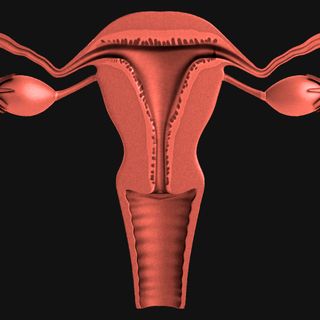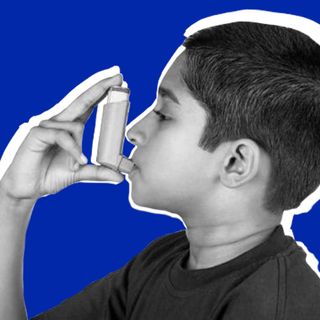Most research into the effects of air pollution focuses on establishing a link between lung cancer or other respiratory diseases and fine particulate matter. Now, however, in the first study of its kind, high levels of air pollutants have been linked to an increased risk of developing mouth cancers.
In fact, the study found that among people exposed to high levels of fine particulate matter, the risk of developing mouth cancers increased by 43%.
The number of cancer cases in India has doubled over the past three decades, though it’s difficult to say whether it’s from increased diagnosis or more actual cases. Similarly, in the same timeframe, Indian metros have become increasingly polluted; in 2018 out of 20, 14 Indian cities featured on the world’s most polluted cities list.
“This study, with a large sample size, is the first to associate oral cancer with PM2.5 [fine particulate matter]…. These findings add to the growing evidence on the adverse effects of PM2.5 on human health,” say researchers.
Previous studies have linked PM2.5 exposure to decreased lung function, asthma and lung cancer among many other diseases.
To study how air pollution might lead to oral cancer, researchers checked the health records of 482,659 Taiwanese men aged 40 and older. While many were already at risk of mouth cancers from smoking or chewing paan, and showed a higher tendency to oral cancers, risk was also elevated among the men who did not smoke or chew paan. This heightened risk corresponded to high air pollution levels.
However, researchers say that since this is an observational study, it can’t definitively establish a link or explain how air pollutants contribute to mouth cancer; as this requires additional research. But they theorize that the risk might be due to some of the components of particulate matter, which include heavy metals, as well as compounds such as polycyclic aromatic hydrocarbons — both known to be cancer causing agents.




